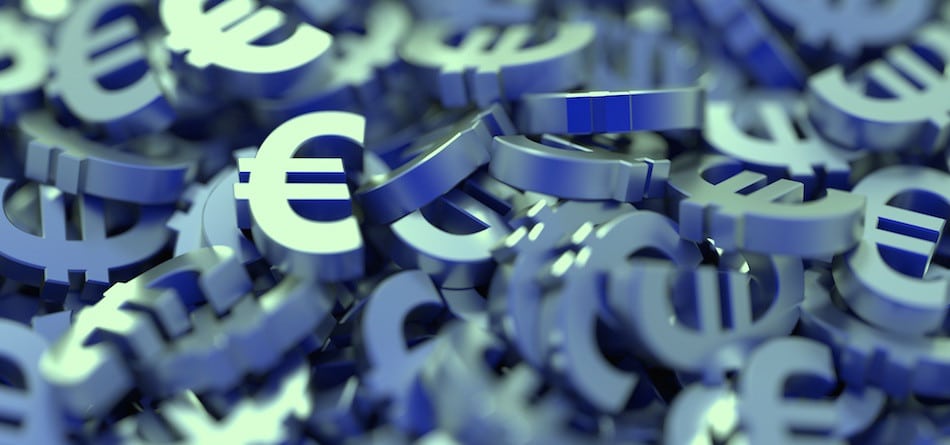
- Investigation phase of digital euro project to last 24 months
- Design to be based on users’ preferences and technical advice by merchants and intermediaries
- No technical obstacles identified during preliminary experimentation phase
The Governing Council of the European Central Bank (ECB) has decided today to launch the investigation phase of a digital euro project. Following the decision, the President of the Eurogroup Paschal Donohoe joined the meeting, congratulated the Governing Council and expressed his full support for the project.
“It has been nine months since we published our report on a digital euro. In that time, we have carried out further analysis, sought input from citizens and professionals, and conducted some experiments, with encouraging results. All of this has led us to decide to move up a gear and start the digital euro project”, says ECB President Christine Lagarde. “Our work aims to ensure that in the digital age citizens and firms continue to have access to the safest form of money, central bank money”.
Today the @ECB launches its investigation phase for a #DigitalEuro. It will be important to consider any potential wholesale implications in the ongoing discussions & we look forward to continuing our engagement on this key development. Read more▶️https://t.co/Gy2zWXFFBE https://t.co/9ueDD4gG2X
— AFME (@AFME_EU) July 14, 2021
The investigation phase will last 24 months and aim to address key issues regarding design and distribution. A digital euro must be able to meet the needs of Europeans while at the same time helping to prevent illicit activities and avoiding any undesirable impact on financial stability and monetary policy. This will not prejudge any future decision on the possible issuance of a digital euro, which will come only later. In any event, a digital euro would complement cash, not replace it.
“We will engage with the European Parliament and other European decision-makers and inform them regularly about our findings. Citizens, merchants and the payments industry will also be involved”, says ECB Board Member Fabio Panetta, Chair of the High-Level Task Force on a digital euro.
During the project’s investigation phase, the Eurosystem will focus on a possible functional design that is based on users’ needs. It will involve focus groups, prototyping and conceptual work. The investigation phase will examine the use cases that a digital euro should provide as a matter of priority to meet its objectives: a riskless, accessible, and efficient form of digital central bank money.
The project will also shed light on the changes to the EU legislative framework which might be needed and that will be discussed with, and decided by, European co-legislators. The ECB will continue to engage with the European Parliament and other European policymakers throughout the project’s investigation phase. The technical work on the digital euro with the European Commission will also be intensified.
Finally, the investigation phase will assess the possible impact of a digital euro on the market, identifying the design options to ensure privacy and avoid risks for euro area citizens, intermediaries and the overall economy. It will also define a business model for supervised intermediaries within the digital euro ecosystem. A market advisory group will take account of prospective users’ and distributors’ views of a digital euro during the investigation phase. Those views will also be discussed by the Euro Retail Payments Board.
The investigation phase will benefit from the experimentation work done by the ECB and the euro area national central banks over the past nine months, which has involved participants from academia and the private sector.
Experiments were conducted in the four following areas: the digital euro ledger; privacy and anti-money laundering; limits on digital euro in circulation; end-user access while not connected to the internet and facilitating inclusiveness with appropriate devices. No major technical obstacles were identified to any of the assessed design options.
Both the Eurosystem TARGET Instant Payment Settlement (TIPS) and alternatives such as blockchain were proven capable of processing more than 40,000 transactions per second. The experiments also suggested that architectures combining centralised and decentralised elements are possible.
According to these experiments, a digital euro core infrastructure would be environmentally friendly: for the architectures that were tested, the power used to run tens of thousands of transactions per second is negligible compared with the energy consumption of crypto-assets such as bitcoin.
These practical findings will provide useful input for the investigation phase.
Source: European Central Bank






